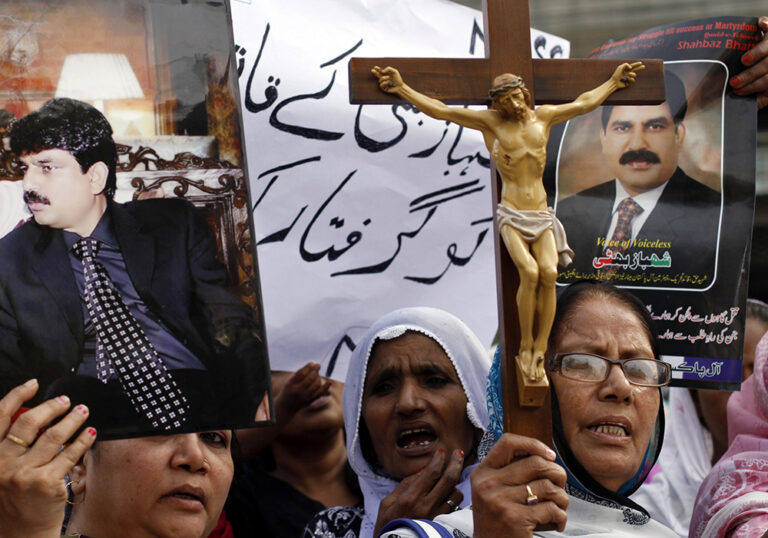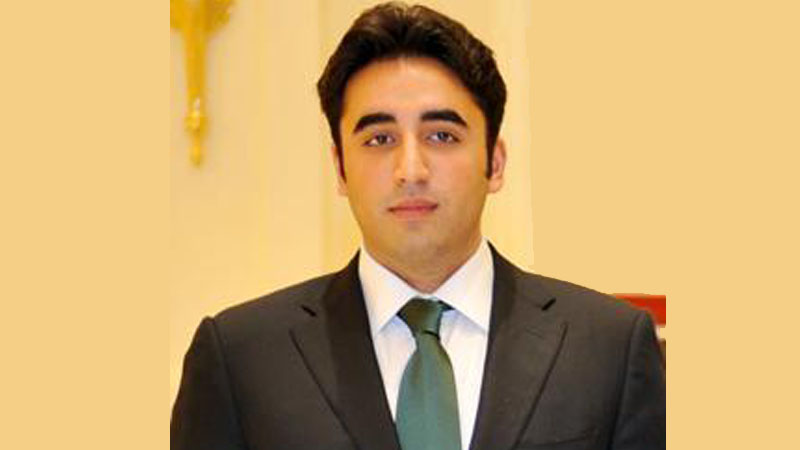M WAQAR..... "A man's ethical behavior should be based effectually on sympathy, education, and social ties; no religious basis is necessary.Man would indeed be in a poor way if he had to be restrained by fear of punishment and hope of reward after death." --Albert Einstein !!! NEWS,ARTICLES,EDITORIALS,MUSIC... Ze chi pe mayeen yum da agha pukhtunistan de.....(Liberal,Progressive,Secular World.)''Secularism is not against religion; it is the message of humanity.'' تل ده وی پثتونستآن
Thursday, December 10, 2020
Hindu, Christian Women ‘Marketed’ by Pakistan as ‘Concubines’ in China: U.S. Official
- ARUL LOUIS/IANS
On International Human Rights Day, Pakistan’s Religious Minorities Declare Dec. 10 as ‘Black Day for Human Rights’
As the United Nations and various international organizations observe Dec. 10 as the annual day to declare the dignity and human rights of all persons, Pakistan’s religious minorities planned demonstrations against increased abductions and forced conversions and marriages of their women and girls by Muslims.
“Human rights activists, defenders of minority rights, social workers, as well as Church, political, and civil society leaders in Pakistan are inviting all citizens to join this ‘battle of civilization and democracy’ for the country,” Vatican News reported.
A string of unrelated events erupted in Pakistan in the days leading up to the Dec.10 event, including the release of 12-year-old Christian girl Farah Shaheen. Five months before Shaheen’s release on Dec. 6, three Muslim men allegedly kidnapped her from her parent’s house, forcibly converted her to Islam, and then one of the men married her. According to a local report, after her release, police brought Shaheen to a shelter house as her court trial was underway.
According to the faith-based advocacy organization, ADF International, an estimated 1,000 women and girls from religious minorities are forcibly married and converted to Islam every year.
“We hope the international community will open its eyes to what is happening in Pakistan and help protect Christians and other minorities who belong to some of the most vulnerable groups in the country,” said ADF International’s Director of Advocacy Tehmina Arora.
The day after Shaheen’s release, 37-year-old journalist Qais Javed, who identified as Methodist Christian, died in a drive-by shooting in the northwestern city of Dera Ismail Khan on Dec. 7. Javed became the fourth member of the media killed in the country in the past year.
Javed was the son of a former member of the ruling Pakistan Justice Party. According to the family’s police report, the two were about to enter their house when they came under attack.
Religious minority
According to research by the Library of Congress, nearly 97 percent of all Pakistanis are Muslims, with most of that population identifying as Sunni Muslims. Official documentation states that Christians, Hindus, and members of other religions each account for about 1 percent of the population.
The non-Muslim minorities have limited influence on national policy, having secured representation only in provincial assemblies. In 1992, the Pakistani government allowed religious affiliation to be indicated on personal identification cards needed to complete tasks such as attending school, opening a bank account, casting a vote, or even obtaining a passport. Minority groups organized demonstrations to protest discriminatory policies but were shut down by the government at the time.
Speaking to Vatican News on behalf of the “Black Day” was activist Khalid Shahzad, known for supporting human and minority rights in Lahore, the capital of the Pakistani province of Punjab and the country’s second-largest city.
“We encourage all Pakistani citizens to join our call to observe International Human Rights Day as a ‘Black Day,’ especially for our Christian community,” said Shahzad. “We see fundamental rights and freedom trampled every day. Our daughters are kidnapped and forcibly converted, only to be forced to marry their kidnappers, often supported by the police because they are Muslim.”
Protecting the human rights of every citizen is the key responsibility of the state, Chairman PPP Bilawal Bhutto Zardari
Chairman Pakistan Peoples Party Bilawal Bhutto Zardari has said that protecting the human rights of every citizen is the key responsibility of the state.In his message on the occasion of Human Rights Day being celebrated worldwide under the United Nations, the PPP Chairman said that his Party was fighting for the protection of human rights of Pakistan since its inception. “Our struggle for equal respect and protection of human rights of every citizen continues despite facing martyrdoms, victimisation, imprisonments, torture and slanderous campaigns,” he stated.
Bilawal Bhutto Zardari said that countries are adjudged through their human rights record and progress and prosperity are naturally linked to upholding human rights of every citizen regardless of religion, gender, creed, caste or ethnicity. ““Freedom of expression, freedom of religion and belief, women and children’s rights and protection of vulnerable segments has to be ensured for a peaceful and progressive society,” he added.
He stressed that the international community should take notice of the grave violations of human rights in Indian-held Kashmir and ensure that India ends its atrocities on Kashmir and respects the right of their franchise for a referendum.
PPP Chairman pledged that his Party’s role as the torch-bearer of human rights campaign would never compromise on protection of human rights under any situation.

